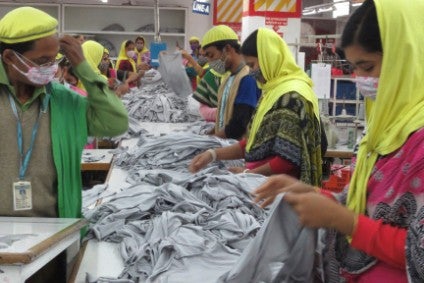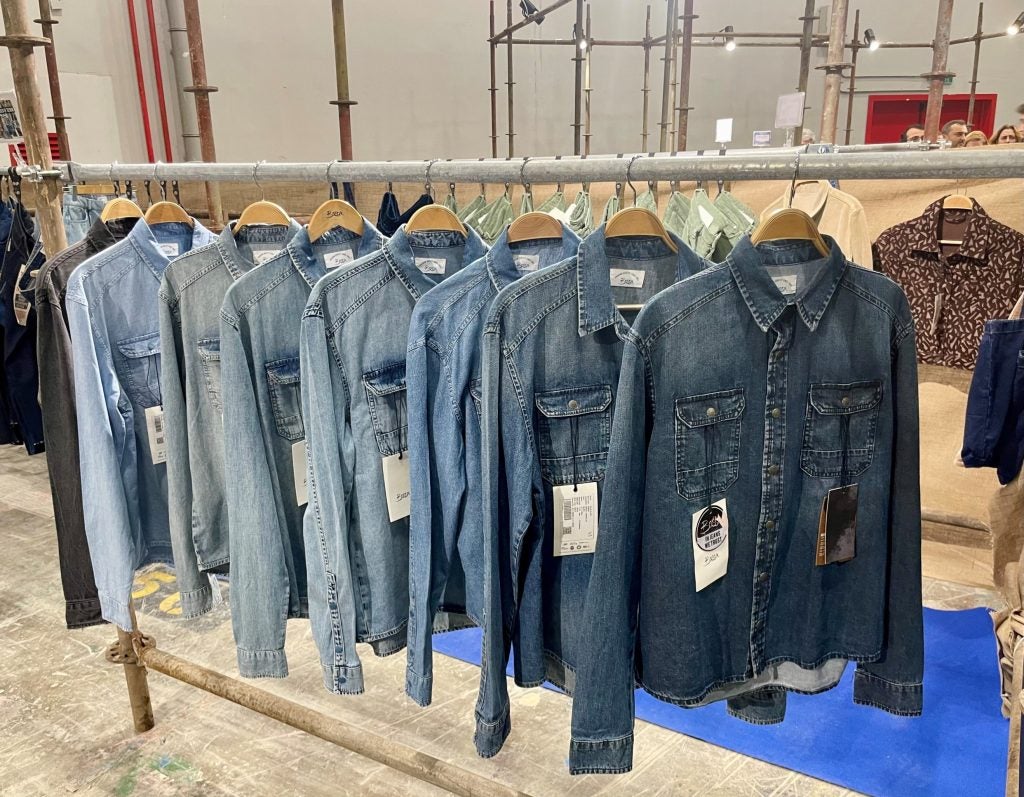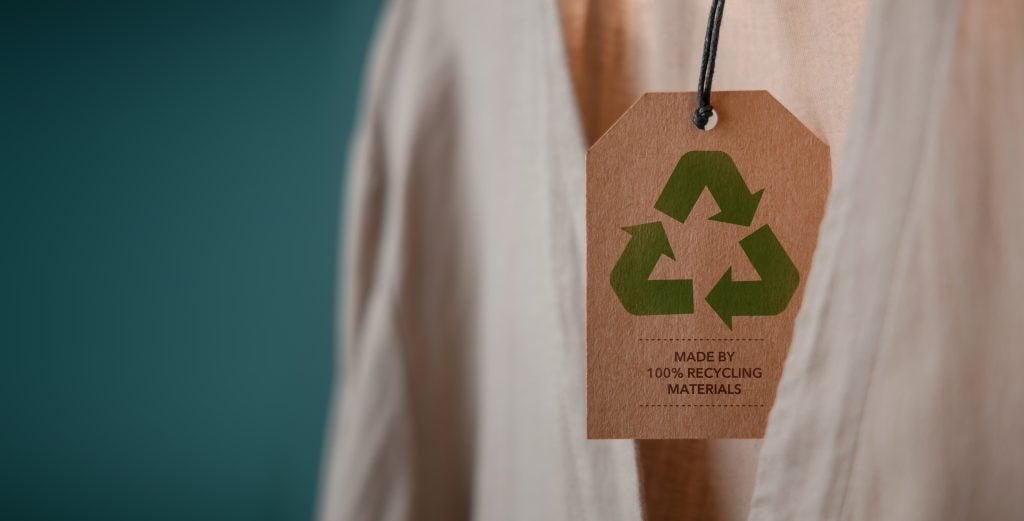
Covid-19 has sent shockwaves through the fashion industry’s global sourcing and production operations – as revealed by a new survey of sourcing executives’ immediate response to the crisis, and their plans for the future.
Not only have brands and retailers been scrambling to ensure their own survival, but they are also facing humanitarian challenges at their suppliers and partners.
“The situation is extremely difficult for fashion retailers in Europe and North America. Cancellations of orders and halted payments led to dramatic situations for workers in producing countries,” says the leader of the Apparel, Fashion & Luxury Group at McKinsey & Company, senior partner Achim Berg. However, he also notes: “Many apparel companies are therefore taking actions to support their suppliers.”
According to a just-released McKinsey study ‘Time for change: How to use the crisis to make fashion sourcing more agile and sustainable,’ some 19% of respondents said they make advance payments on orders. However, one in four purchasing executives said that they do not provide any support measures for suppliers.
For the international study, the consulting firm surveyed 116 purchasing executives from leading apparel companies and retailers from North America and Europe that together, are responsible for managing more than US$120bn in sourcing value.
See Also:
“Fashion companies should support their suppliers along the entire supply chain by, for example, reducing shared costs and paying for raw materials,” says Karl-Hendrik Magnus, expert for sourcing and sustainability and senior partner at McKinsey.
How well do you really know your competitors?
Access the most comprehensive Company Profiles on the market, powered by GlobalData. Save hours of research. Gain competitive edge.

Thank you!
Your download email will arrive shortly
Not ready to buy yet? Download a free sample
We are confident about the unique quality of our Company Profiles. However, we want you to make the most beneficial decision for your business, so we offer a free sample that you can download by submitting the below form
By GlobalData“The crisis provides the opportunity to now work on making fundamental changes in apparel sourcing and create more flexible supply chains.”
Cancellations and missed payments
Sourcing executives single out four key priorities in their immediate response to the crisis:
- Securing inventory and managing the ramp-down and ramp-up of supply chains;
- Optimising cash flow along the supply chain and ensuring the optimal trade-off between cash position, profit impact, and supplier stability;
- Proactively managing financial risk across the entire supply chain, with an approach tailored to suppliers;
- Adjusting internal costs, including open commitments and operating expenses of the sourcing function.
Many have responded to lack of demand and the shutdown of businesses by cancelling orders. Some 90% of sourcing executives say that their sourcing volumes will decline in the second half of this year compared to the previous year’s volumes.
Nearly 80% of the companies have already cancelled at least a portion of their orders. Furthermore, the number of items per order as well as the total number of orders will be reduced.
In this context, European companies cancel orders less often than do companies from North America. Only 2% of the European companies surveyed said that they cancelled more than half of their orders. One-third of them even had no cancellations at all.
In contrast, there were cancellations by 11% of the North American companies and only 13% of them reported no cancellations at all. Only a few are paying as agreed: fewer than one-third of the companies are paying for more than half of the orders and 18% are not paying at all.
Due to the lockdowns and disrupted raw materials supply chains, suppliers are also having major difficulties in filling orders. One in two respondents said their suppliers will only be able to partially deliver orders in Q2 2020. Some 7% even stated that their suppliers won’t be able to fill any orders in Q2. For the second half of the year, 38% said that they expect their suppliers to only be able to deliver part of the orders.
Opportunity for change
The research also suggests that beyond immediate crisis management, the Covid-19 pandemic offers an opportunity to accelerate transformation toward a demand-driven supply-chain model and sustainable sourcing future.
According to McKinsey & Company there are four elements that fashion companies need to tackle to enable the systematic reshaping of apparel sourcing:
- Remapping the sourcing mix to better balance risk, cost, and flexibility, including a likely shift in volume from China to other Asian countries over the next year.
- Forging stronger supplier partnerships to drive innovation and secure supply.
- Digitising the value chain, and keeping many of the recent innovations as common practice after the crisis – including design (3-D design, artificial-intelligence planning), merchandising and planning (virtual sampling, video signoffs), B2B sell-in (digital sell-in, virtual showrooms), sourcing and supply chain (nearshoring, vendor integration), and consumer engagement (virtual shows, social selling).
- Adapting operating models – and mindsets, with people, organisations, and partners moving towards new ways of working.
Nearshoring, digitalisation, and sustainability gaining importance
Nearly half of the sourcing heads surveyed said that over the next 12 months, they would rely more heavily on nearshoring, that is, producing in nearby countries – Turkey for Europe or Mexico for North America, for example.
One in three respondents anticipates that the degree of automation will increase. The topic of sustainability will also become more important again.
“Fashion companies have been fighting for their existence since the start of the crisis, but have also assumed more responsibility for their employees and suppliers. Partnership-like cooperation along the supply chain as well as social and environmental sustainability have become even more important,” Berg explains.
And that also goes for customers: more than 40% of consumers in Europe and North America state they would be more inclined to purchase from companies that supported social and medical causes during the crisis. More than 20% said that for sustainability reasons, they would purchase less clothing. And 16% of European consumers said that in the future, they would seek to buy more socially- and environmentally friendly manufactured apparel.







